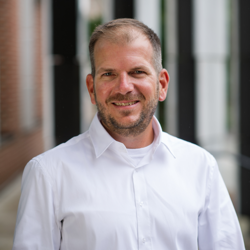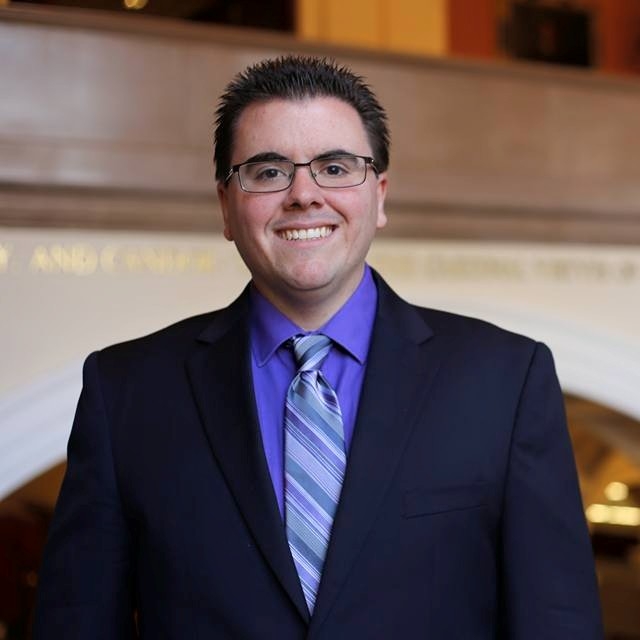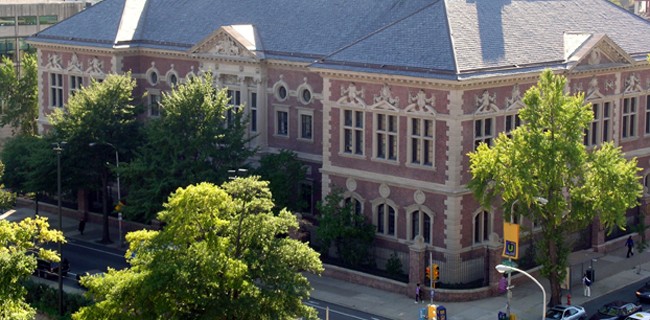Instructor

R. Polk Wagner is Professor of Law at the University of Pennsylvania Law School in Philadelphia, Pennsylvania. Professor Wagner focuses his research and teaching in intellectual property law and policy, with a special interest in patent law. He has written over 20 articles on topics ranging from an empirical analysis of judicial decision-making in the patent law to the First Amendment status of software programs. His work has appeared in the Stanford Law Review, Columbia Law Review, and the University of Pennsylvania Law Review, among several others. He is the author (with Professor Craig Nard) of Patent Law: Concepts and Insights (Foundation Press 2008).
Prior to joining the Penn Law faculty in 2000, Professor Wagner served as a clerk to Judge Raymond C. Clevenger III of the U.S. Court of Appeals for the Federal Circuit. He holds degrees from Stanford Law School, the University of Michigan, the College of Charleston, and was the 1994-95 Roger M. Jones Fellow at the London School of Economics.
Course Assistant

Daniel R. Roberts is a juris doctor candidate at the University of Pennsylvania and an Executive Editor of the University of Pennsylvania Law Review. Dan was a summer associate with Dechert LLP in 2017 and will return there upon graduation in 2018. Prior to law school, Dan earned his B.A. in Chemistry from the University of Pennsylvania in 2008 and spent seven years with Bristol-Myers Squibb as a Research Chemist.
The University of Pennsylvania

We are all a part of the University of Pennsylvania, situated in Philadelphia, Pennsylvania. Penn, founded in 1740, dates back to the colonial era and is the United States's fourth oldest institute of higher learning. It is also America's first true university, offering both graduate and undergraduate education since 1765. Penn, a private school, is one of the eight Ivy League universities.
Penn Law's founding can be traced back to 1790 when James Wilson, a Founding Father of the United States, signatory to the Declaration of Independence, and drafter of the Constitution, gave a series of law lectures at the university. Full-time law instruction began in 1850.